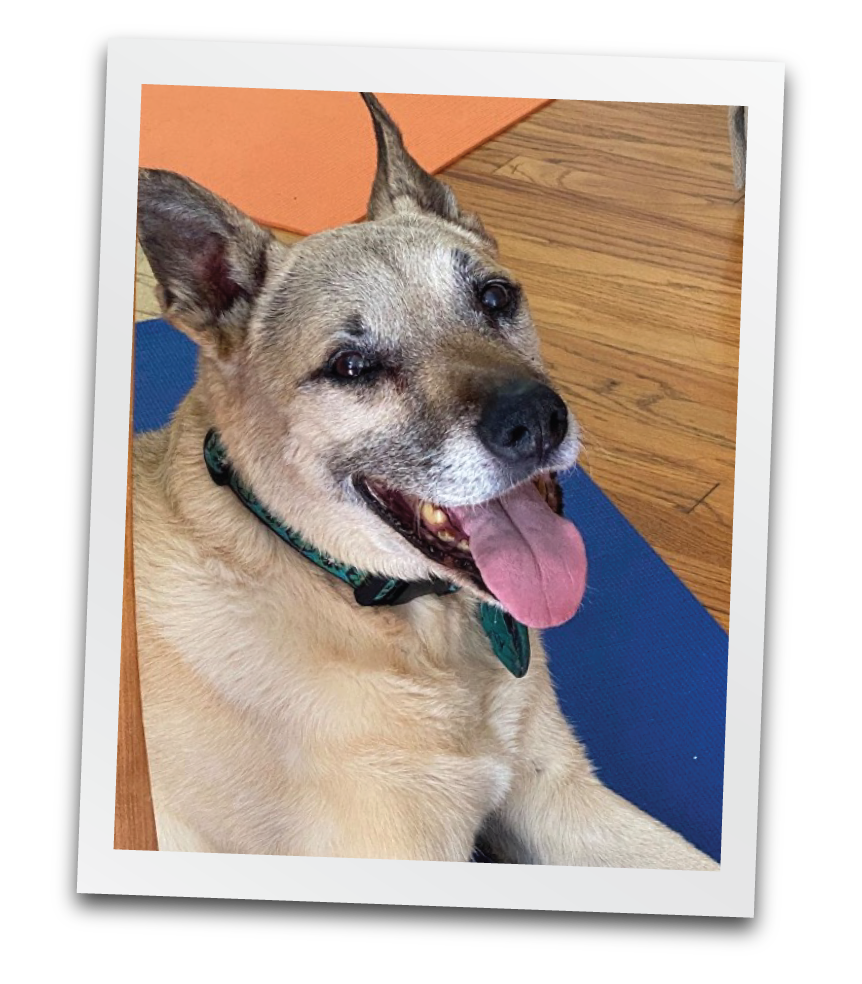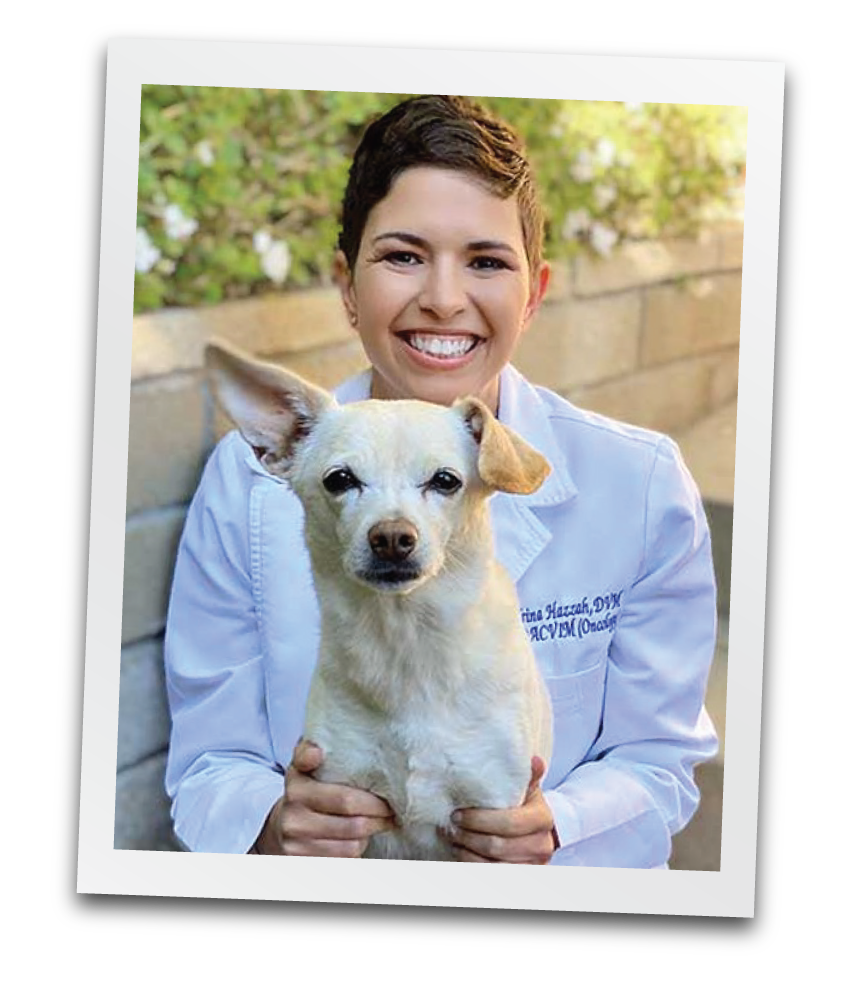Treating Your Dog's Cancer Naturally
Full-extract cannabis oil, or FECO, has become popular as a treatment for cancer in dogs. FECO contains two major categories of compounds, cannabinoids and terpenes, that can produce anticancer effects, alleviate pain and inflammation, and stimulate appetite. Cannabis infused oils are also effective products, and are especially great for enabling precise dosing.
Tips for Checking Your Dog's Health While Petting Them

Dog Reported Outcomes
Lymphoma, Bladder, and Oral Cancers
- Symptoms
- Conventional Treatments
- Pharmaceuticals
- Integrative Treatments
- Cannabis Application
- Cannabis Dosing
- Supplements
- Dietary Changes
- Results
5-6 months of conventional target therapy alone was ineffective, as the oral and bladder cancers had both gotten significantly worse, although the lymphoma had not changed. After adding cannabinoids to the conventional therapy, in 2-3 weeks Hammer’s eye began to open a little. 1-2 weeks after that, the oral tumor had completely disappeared, as Dr. Hazzah could not find it.
Lymphoma
- Symptoms
Visual lumps and malaise instigated visit to the vet. Incontinence, lack of appetite and desire to drink were symptoms of FECO use, which were effectively managed
- Conventional Treatments
- Pharmaceuticals
- Integrative Treatments
- Cannabis Application
- Cannabis Dosing
- Supplements
- Dietary Changes
- Results
Intestinal Lymphoma
- Symptoms
- Conventional Treatments
- Pharmaceuticals
- Integrative Treatments
- Cannabis Application
- Cannabis Dosing
- Supplements
- Dietary Changes
- Results

View Full Story
Cancer Dogs Resources

Doberman, Nina – Suppressing Aggressive Osteosarcoma with Cannabis, Mushrooms, and Diet
Angela Ardolino’s dog Nina is a testament to the power of natural therapy for extending life even in a severe case. Her Doberman had been

Bouvier des Flandres, Luna – Living Beyond Prognosis for Lymphoma with FECO
Linda Lyman’s dog Luna is a testament to the power of FECO and diet for extending life. Due to visual lumps and malaise, Linda took

Jack Russell Terrier, Hammer – Using Cannabis for Lymphoma, Bladder, and Oral Cancer
Dr. Trina Hazzah, a veterinarian who specializes in the use of cannabis to treat dogs, reported on the case of a dog named Hammer who

Treating Dogs with Cancer Using Cannabis, Diet, and Other Natural Options
For many years, dog owners have been using cannabis products and other natural options for treating aggressive cancers. By closely analyzing cases and supportive preclinical






